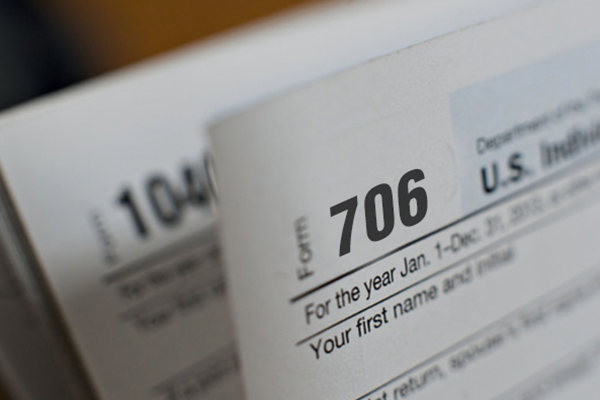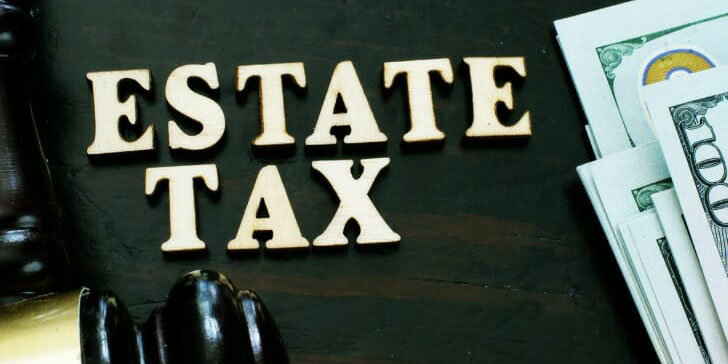The Workings of the Estate Tax
Triston Martin
Nov 20, 2023
The entire amount of the tax bill is determined by adding up the values of all of the decedent's (the person who passed away) assets according to their fair market value as of the date of death. The following are examples of assets that might be included in your estate:
- Cash
- Business interests
- Real property
- Stock, bonds, and other securities
- Trusts and annuities
- Insurance
- Other valuable assets
Your "gross estate" is the term that refers to the sum of all of these assets. The amount you paid for your assets is not always indicative of their worth per fair market standards. Instead, it is determined based on how much they are worth at the time of your passing. According to the information provided by the IRS, the administrator or executor of the estate has the option of choosing to have everything valued on an alternative date that is six months later, provided that the assets are not "distributed, sold, exchanged, or otherwise disposed of within the six month period."
Your taxable estate will have any credits and permitted deductions taken out of it before the estate tax is calculated. These may include any mortgages or other obligations, charges and fees spent to settle your estate, and any property you leave to a charitable organization after your passing. Only assets with a value exceeding a certain threshold are subject to a tax calculated as a percentage of that value. The term "estate tax exemption" refers to this particular level. The exemption amount for the estate tax for the year 2022 is $12.06 million, and the tax return must be filed in 2023.
Your estate will be subject to a tax rate proportional to the number of assets exceeding the threshold for exemption. The rate increases to 40% for estates worth $1 million or more and varies from 18% for assets up to $10,000 higher than the exemption.
Who Is Responsible for Paying the Estate Tax?
Although the federal estate tax applies to the estates of all citizens and residents of the United States at the time of death, only a small percentage of estates have to pay the tax due to an exemption. After accounting for all allowable deductions and credits, the federal estate tax only applies to the remaining balance of estates whose valuations are found to be more than the exemption amount.
An Overview of the Estate Tax's Past
The regulations were expected to be in effect until the end of 2012; however, they were not. At that time, the federal estate tax regulations were scheduled to go back to the ones that had been in place before 2001. This meant that the federal estate tax exemption amount would be reduced to $1 million, and the tax rate would increase to 55% in 2013.
Then, at the beginning of 2013, President Barack Obama and the Congress of the United States took action and passed the American Taxpayer Relief Act (ATRA). The modifications to the laws that control estate taxes, gift taxes, and generation-skipping transfer taxes introduced by the TRUIRJCA were made permanent by this statute. The Tax Cuts and Jobs Act (TCJA) more than quadrupled the exemption for 2017, which had previously been adjusted to keep up with inflation. This change took effect in 2018.

The Unlimited Marital Deduction
The unlimited marital deduction is one of the deductions that have the potential to save the estate of a married person a large amount of money. Keep in mind that the value of an estate is used to calculate an estate tax liability after all allowable deductions and credits have reduced it. In principle, the marital deduction enables a deceased to receive a deduction for any property in the gross estate transferred to the surviving spouse at the time of death. This includes both personal and real property.
Estate Tax Portability

The Internal Revenue Code has a provision that allows married couples to transfer their unused estate tax exemption to their children. Because of the portability of exemptions, if you are married but pass away before your spouse, they will be able to inherit any of your unused exemptions and apply them to their estates.
After deducting the 2021 exemption amount of $11.7 million from an estate worth $10 million when your father died away in 2021, your father would have had $1.7 million left over from his estate. If your father was married at the time of his death, he had the option of leaving his surviving spouse the remaining $1.7 million from his inheritance. Because of this change, the surviving spouse of your father will be able to shield an additional $1.7 million over and above whatever the estate tax exemption is at the time of their death.







